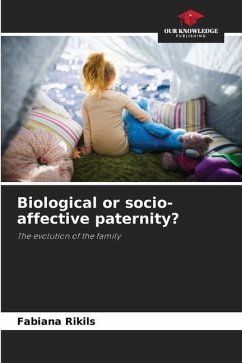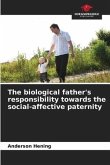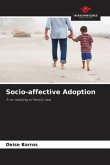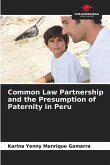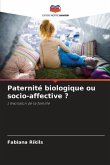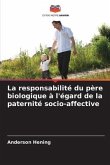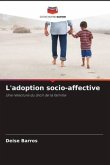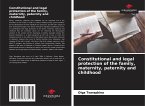This study will analyze the prevalence or not of paternity socio-affective over biological, since the attribution of legal value to affection, made the biological factor ceased to be of paramount importance for the determination of parentage, thus occurring the de-biologization of family law, recognizing the importance and the impossibility, as a rule, of deconstituting the paternity socio-affective. Currently, there are innovative decisions of the Brazilian courts, admitting the multiparentality, that is, the possibility of the individual to be registered in the name of two fathers or two mothers. That said, we see that current family law does not point to a single solution to disputes involving the recognition of paternity and therefore the importance of this study.
Bitte wählen Sie Ihr Anliegen aus.
Rechnungen
Retourenschein anfordern
Bestellstatus
Storno

